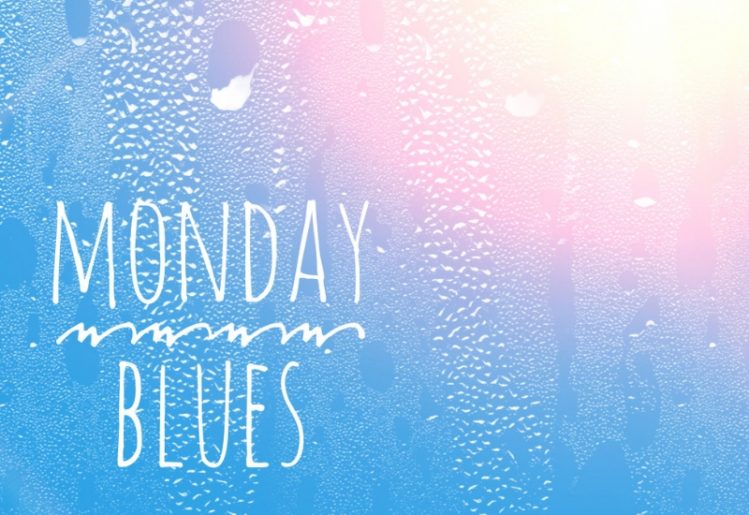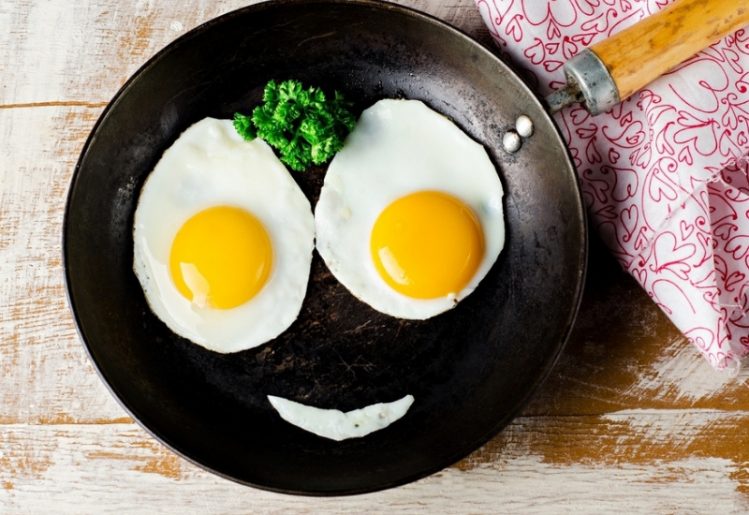Blue Monday is coming, with a flurry of media attention promoting this day as the most depressing of the year. News sites point to this day as the time when post-holiday fatigue, debt and poor weather converge to bring our collective moods to an annual low. However, depression and other mental-health issues are more than a once-yearly phenomenon for many people. Is this day really the most depressing in the year?
January 20th: The Bluest Monday of the Year?
 Mondays give many people the blues, but one particular Monday has been singled out as a particularly demoralizing day. Although seasonal depression, debt and post-holiday fatigue are very real issues for many of us, experts question whether the media coverage of this one day is helpful or harmful for people struggling with mental health and mood disorders.
Mondays give many people the blues, but one particular Monday has been singled out as a particularly demoralizing day. Although seasonal depression, debt and post-holiday fatigue are very real issues for many of us, experts question whether the media coverage of this one day is helpful or harmful for people struggling with mental health and mood disorders.
Stephen Buckley, Head of Information for UK mental health group Mind, points out that depression is a serious issue and not merely a one-day phenomenon for many people. “Blue Monday contributes to damaging misconceptions about depression and trivializes an illness that can be life-threatening.”
Although many people may suffer from a case of the blues in January, this is very different from depression, an illness affecting millions of people around the world.
More Than Just the Blues
While it’s true that people may feel a bit low after the holidays, depression is a serious mental illness that can have devastating effects. People with depression have a variety of symptoms, including:
- low mood lasting at least two weeks
- feelings of worthlessness, guilt and pessimism
- a lack of pleasure and interest in hobbies and normal daily activities
- lack of energy
- difficulties sleeping, eating and performing essential activities
- increase of aches and pains such as headaches
- thoughts of self-harm and suicide
These symptoms can make it extremely difficult for people who suffer from the disease to carry out normal activities and be engaged in their lives. In fact, the key differences between ‘the blues’ and true depression is that depression lasts longer (two weeks or more) and has negative effects on your life.
The Annual Rhythm of Depression
Although no particular Monday is bluer than others, depression does appear to be linked in some ways to the season. Seasonal affective disorder (SAD), for example, is a type of depression that affects people in the winter months. People with this illness develop persistent low mood, changes in appetite, increased fatigue and need for sleep and other symptoms every year when light levels fall.
Seasonal affective disorder is just one type of season-related mood disorder. In addition, people with depression and other mood disorders often notice that their symptoms worsen in the winter. However, this phenomenon does not occur on only one day of the year but rather for several months.
Although the weather can take its toll on mental health, no one should have to live with the devastating and life-threatening effects of this illness. Getting treatment is the first step to reclaiming your life and your mood. In many cases, natural remedies can be the most effective way to fight depression.
Hope for Mood Disorders
 If you are feeling depressed this January, the first step towards feeling better is to acknowledge the problem and seek treatment. There are a variety of treatment options for depression. Therapy, particularly cognitive behavioral therapy, has been found to be effective in treating depression. In addition, there are medications that can help in more serious cases.
If you are feeling depressed this January, the first step towards feeling better is to acknowledge the problem and seek treatment. There are a variety of treatment options for depression. Therapy, particularly cognitive behavioral therapy, has been found to be effective in treating depression. In addition, there are medications that can help in more serious cases.
For many people, lifestyle changes and other natural remedies are the most effective approach to maintaining a healthy mood. First, make sure you are taking care of yourself. Eat healthy foods, get enough sleep and take time to be active and outdoors every day. Although these habits can be difficult to maintain while depressed, they are essential to recovery.
Second, avoid ingesting substances that negatively affect your mood. This includes alcohol, tobacco and even caffeine. If you have noticed that certain situations are triggers for you, try to avoid them until you have made progress with your own health.
Last, there are many natural remedies that have been shown in studies to improve mood. 5-HTP and tryptophan, both serotonin precursors in the human body, are supplements that can help mood dramatically. A high-quality supplement that provides these ingredients may give you the boost that you need to make necessary mood-supporting lifestyle changes. Omega-3-rich fish oil also can help to fight depression by increasing energy and reducing levels of inflammation in the body. Melatonin can also be beneficial because it will help you to get the sleep you need at a time when this can be a challenge.
If you are feeling blue this January, don’t blame it on the date. There are simple changes and natural remedies that can help you to get your mood on track and get back to enjoying your life.


